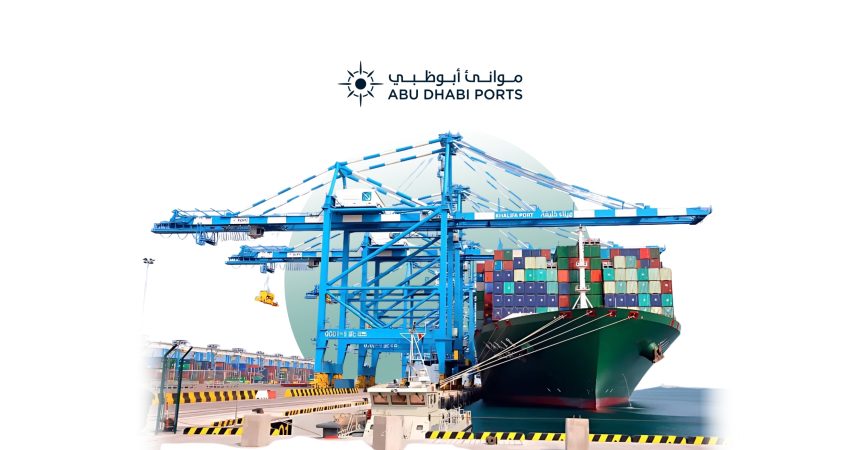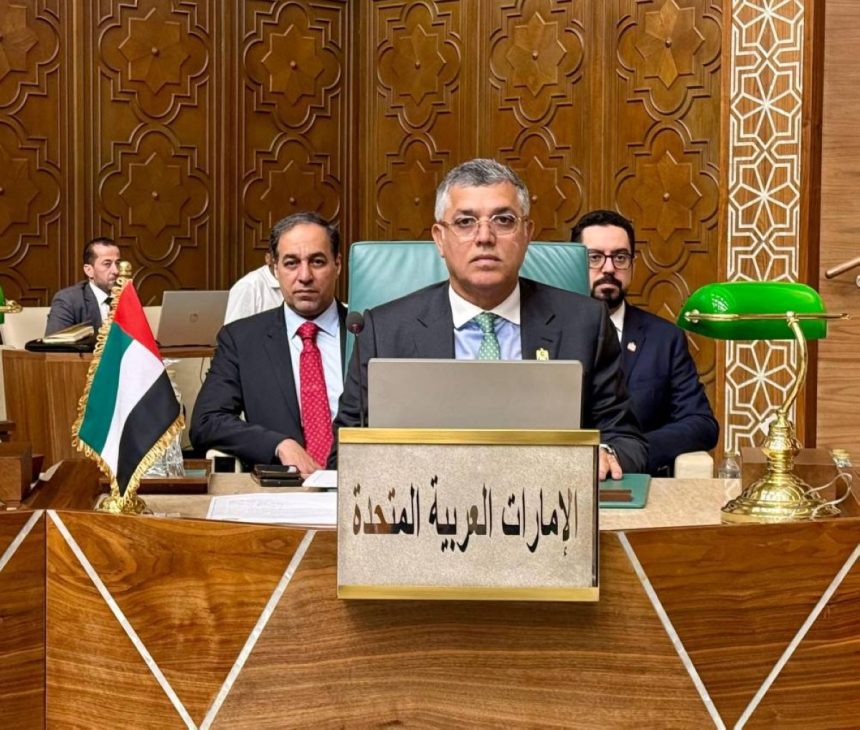H.E Dr. Abdulla Ahmed Al Mandous, Director-General of the National Center of Meteorology and President of the World Meteorological Organization (WMO) has led the UAE delegation to the meeting of Council of Arab Ministers for Meteorology & Climate.
This meeting was held today at the headquarters of the Arab League General Secretariat.
With the presence of officials from Arab meteorological agencies.
Increased Frequency of Extreme Weather Events
During the meeting, Al Mandous stated that the Arab region is facing major challenges.
Such as the accelerated rise in temperatures, which exceeds the global average.
The climate change have led to increased frequency of extreme weather events.
In addition to severe water scarcity, which poses a threat to Arab economies.
He cited UN reports, which estimate that the region has suffered economic losses of around $60 billion.
Due to droughts, earthquakes, and floods, along with significant human casualties.

Council of Arab Ministers for Meteorology & Climate Discusses Recent Earthquakes and Floods
Al Mandous also pointed out that the urban population in the Arab world has quadrupled.
And is expected to double again in the coming decades, placing enormous pressure on infrastructure and resources.
The earthquakes in Syria and Morocco, the unprecedented floods in Libya caused by Storm Daniel, and recurring droughts all serve as reminders of the urgent need for effective risk management strategies and enhanced climate resilience.
Al Mandous noted that the increasing frequency and intensity of extreme weather events underscore the need for improved preparedness and enhanced response capabilities.

Abdulla Al Mandous Calls For Stronger Links Between All Parties
Dr. Abdulla Ahmed Al Mandous warned that these escalating risks will worsen if gaps in adaptation financing remain unaddressed.
Additionally, rapid urbanization and the potential for climate-induced displacement require a unified and decisive response.
He called for stronger links between national meteorological services, disaster response organizations, and local communities.
Adding that the Arab region’s early warning systems are not merely technological advances.
But a lifeline for the most vulnerable groups facing the increasing intensity of climate shocks.
His Highness Sheikh Mohamed bin Zayed Al Nahyan, President of the UAE, may God protect him, today received Chris Wright, US Secretary of Energy, who is visiting the country as part of a regional tour of the Middle East. pic.twitter.com/qQZfVEJqLa
— UAE Voice (@uae_voiceeng) April 11, 2025
WMO Strategic Plan (2028–2031)
Al Mandous emphasized the importance of developing a comprehensive Arab regional strategic plan.
Along with effective follow-up for its implementation.
As the WMO begins preparing its Strategic Plan for 2028–2031, there is a valuable opportunity to integrate the unique challenges and urgent needs of the Arab region into the organization’s framework.
H.E Abdulla Al Mandous urged active and central participation in the ongoing planning process for the WMO Strategic Plan (2028–2031).
Emphasizing that this is a critical moment for the Arab region to ensure its meteorological and hydrological priorities are not only heard, but fully integrated into the WMO’s strategic and operational plans.





